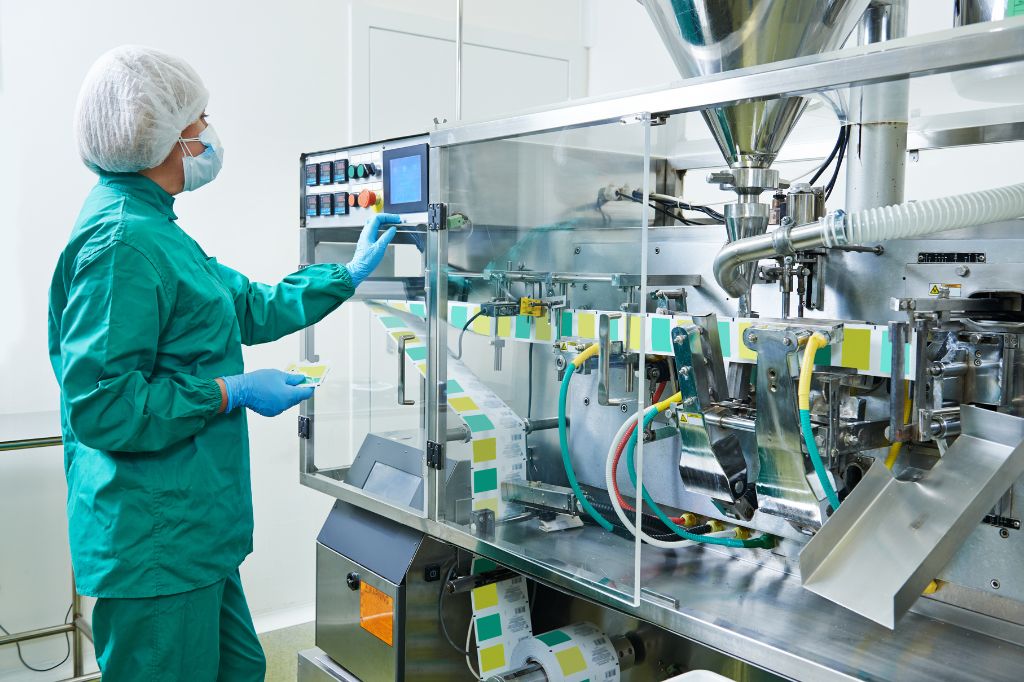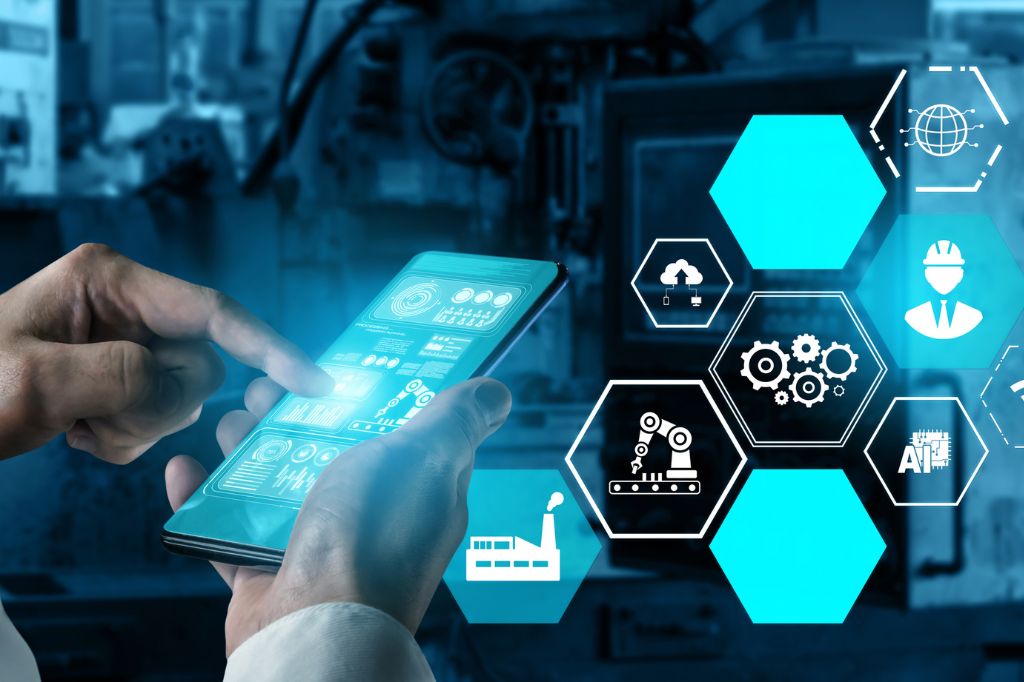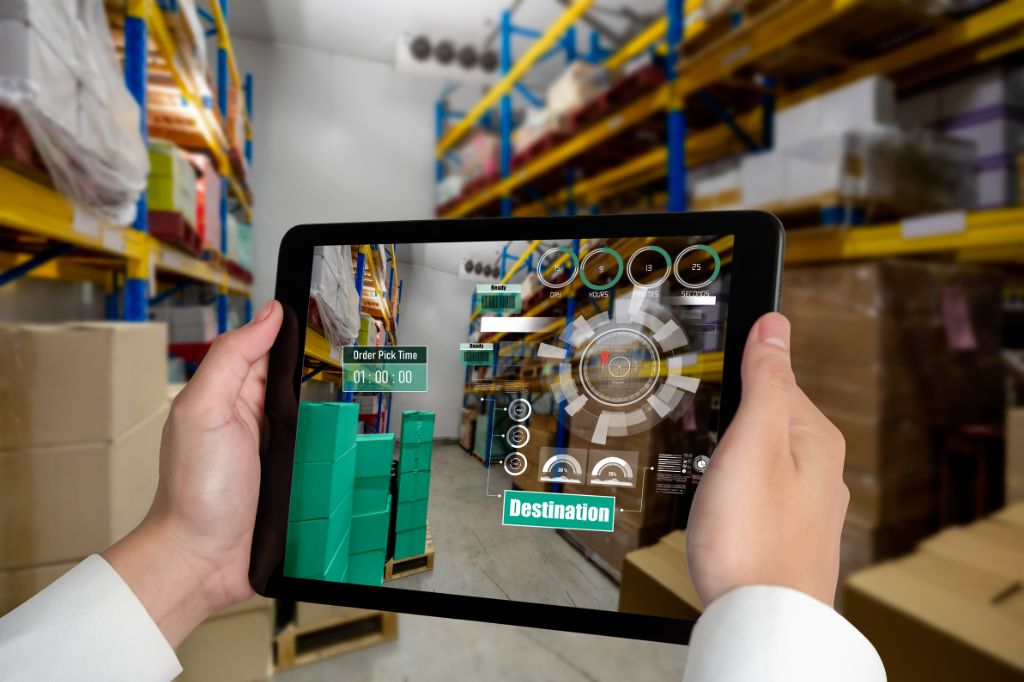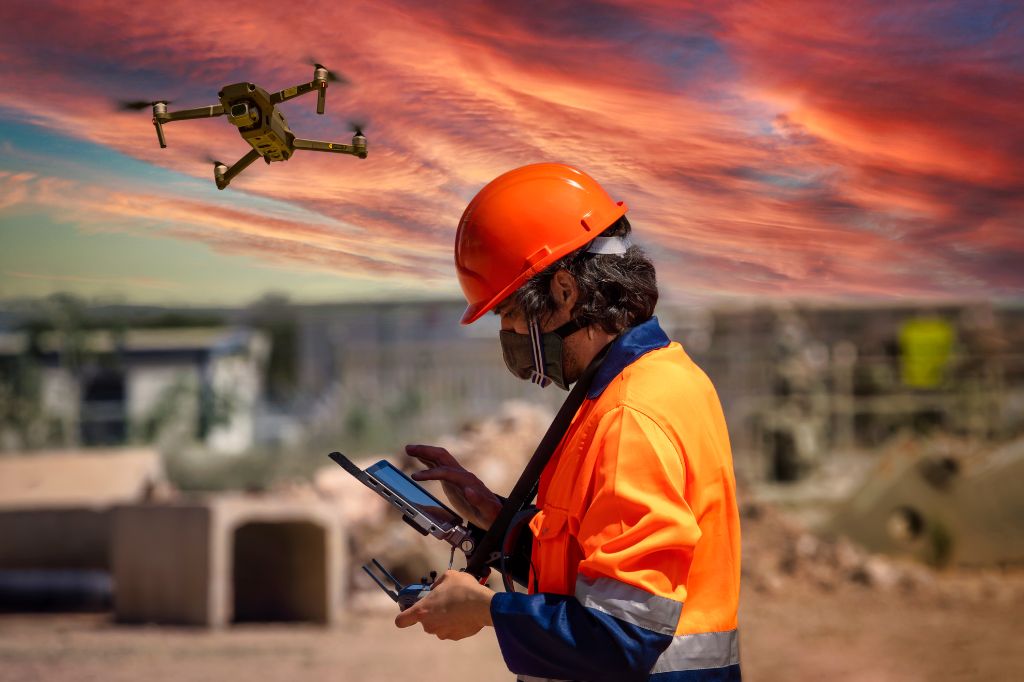
What is the industry 4.0?
Reading time: < 3 minutesThroughout history there have been milestones that have marked important changes in the industrial process. These changes have been the consequence of the application in the industry of new technical advances (The use of the steam engine in the first industrial revolution) or the use of new energy sources together with changes in the productive and economic systems and the ways of moving capital (second industrial revolution)
The industry 4.0 arises from the so-called fourth industrial revolution as a result of the application of the most advanced technology to industry. The fourth industrial revolution
It implies a change both in the production model (procedures within the industry) and in the way in which commercial operations are carried out (both with customers and with other companies). In a market that is not only globalized but also technologically connected and digitized.
This change towards the industry comes hand in hand with the implementation of the industrial process of technologies such as robotics, artificial intelligence, big data, data analysis systems, etc. a fundamental aspect of this technological revolution is hyper connectivity, where the concept of the Internet of things has impacted very significantly.
Any business or industry that intends to compete in the current market needs to adapt its production model to an industry 4.0. The technification and the automated control of processes together with the collection and analysis of data (technical, productive, accounting, and financial) using the wide available technology suppose an important competitive advantage for an industry of any productive sector.
The impact of the fourth industrial revolution in the logistics industry and industrial warehouse
The optimization of the procedures and systems in charge of moving goods within the different processes of a factory, a warehouse or a logistics center, are a fundamental aspect to assess the profitability and productivity of that business.
At this point, the use of robotic and automated systems in roller conveyors and belt conveyors play a fundamental role.
The application of the technology in roller systems allows:
- Movement control by mechanization automated rollers
- Optimization of movements
- reduction of failures as a consequence of human errors
- Increase security in the movement of goods.
- The application of the latest technologies allow precise control of goods movement in roller conveyor as well as its location in a warehouse (GPS, digital reader, etc..)
- Automation and digital control allow increasing the storage capacity of an industrial warehouse.
- Performance analysis : Inbound and outbound flows, incidence evaluation ,etc
- Improvement proposals after performance analysis using the collected data.
The massive application of technology and connectivity at the industrial level has marked a very important change in the way industrial processes are carried out. In some aspects, such as those related to the movement of goods through roller conveyor systems, we can say that the application of Industry 4.0 has meant a radical change in the productive system.



